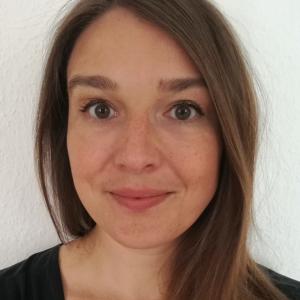Completed PhD project
Part of the collaborative Leibniz-project "The Historicity of Democracy in the Arab and Muslim Worlds".
Project leader at ZZF: Prof. Dr. Frank Bösch
Labor migration from Turkey to West Germany in the 1960s created a transnational space through which the countries’ histories became deeply entangled. This PhD project explored these entanglements, focusing on how migrant women from Turkey as local and transnational actors negotiated and expanded the limited agency they had due to their migration to West Germany.
The project began from a thesis that labor migration is structured by gender. In the 1960s, West German companies actively recruited women from Turkey due to the increasing demand for female labor force in the low-wage sector. The migration of women affected gender relations and both narrowed and widened their scope of political participation. The project argued that migration policy regulations and experiences of discrimination and racism politicized areas that are commonly considered private, like the home or the family. Focusing on gender relations in these spaces reveals forms of migrant self-organizing beyond classical fields of political participation.
The project also analyzed how migrant women from Turkey negotiated the conditions and limits of political practices and participation in West Germany and transnationally. How have they organized themselves locally and networked across borders to gain equal rights? What practices did they use to appropriate public space and shift the boundaries of the private and the political? What forms of transnational solidarity did they foster - and what impact did their interactions have on the increasing political and social entanglements of both countries? Drawing on different social spaces such as the factory, the street, and women's associations, the project traced the transformation of migrant self-organization and cross-border mobilization from the 1960s to the 1980s from a transnational and gender-historical perspective. This approach promised new insights into the ways migrant women from Turkey shaped negotiations of gender, space and rights in West Germany and Turkey and the role they played as actors in the social transformations of both countries.
Elisabeth Kimmerle received her doctorate from the University of Potsdam on December 18, 2024 with the top grade “summa cum laude”.

